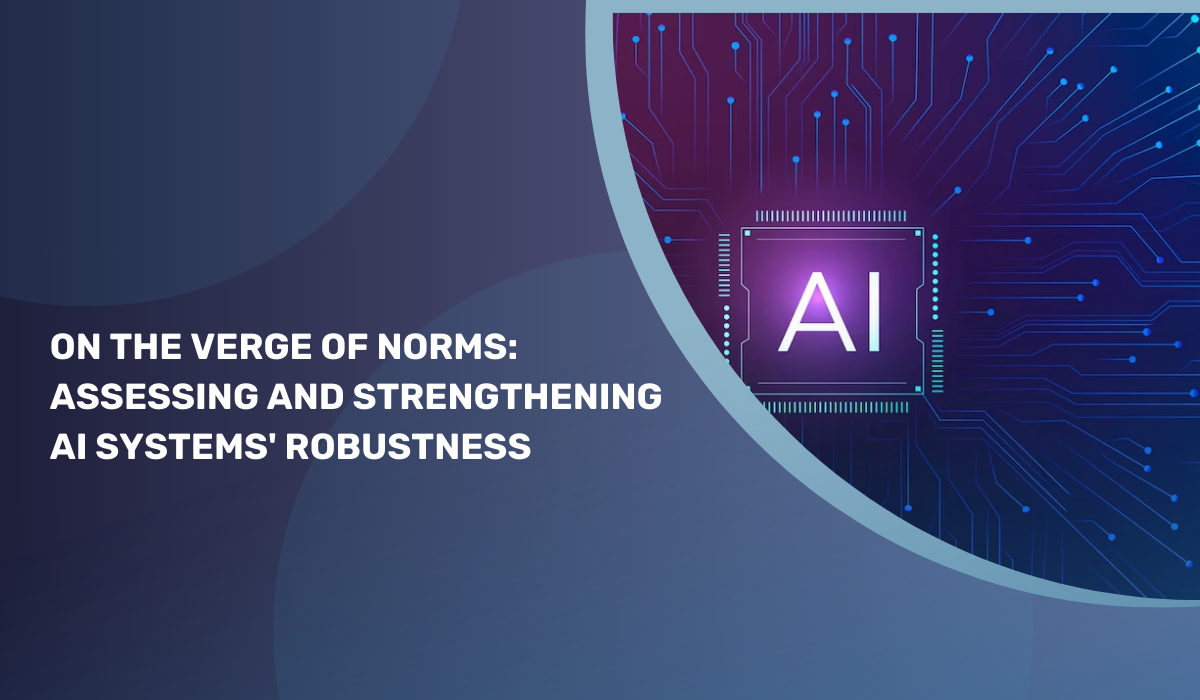
The government is actively engaged in formulating standardized norms for the application of artificial intelligence (AI) systems during crises or system breakdowns in various sectors, including connected cars, drones, Metaverse, satellite broadband, and healthcare. The proposed norms aim to evaluate companies deploying AI technologies based on parameters such as response time to restore systems in the event of hacking, malware, or breakdowns. Initially, firms may be required to self-certify their systems and provide ratings.AI technology's increasing integration in consumer-oriented sectors raises concerns about potential system vulnerabilities and the risk of erroneous results due to hacking. For example, driverless cars and automated parking systems heavily rely on real-time decision-making facilitated by AI connectivity.
The government emphasizes the necessity of uniform standards to assess recovery time and interim arrangements in the face of system disruptions.The Telecommunication Engineering Centre (TEC) is collaborating with the industry to create a comprehensive report outlining the formulation of AI standards. The report will address the expected applications in telecom and digital infrastructure networks, metrics for evaluating AI system robustness, the government's role in ensuring system robustness, and other relevant aspects. An initial report from TEC is anticipated within the next two to three months, followed by public consultations with stakeholders.
Simultaneously, TEC has released procedures for accessing and rating AI systems for fairness. The AI fairness score aims to evaluate bias within systems, particularly in favoring specific sellers or products. Although TEC standards for AI fairness are currently not mandatory, they represent a step towards addressing potential biases in AI systems and promoting fairness in their applications.